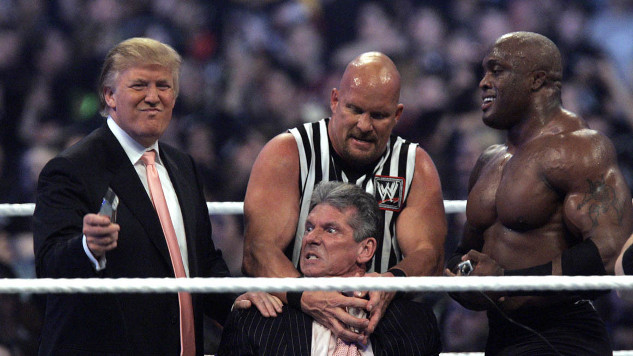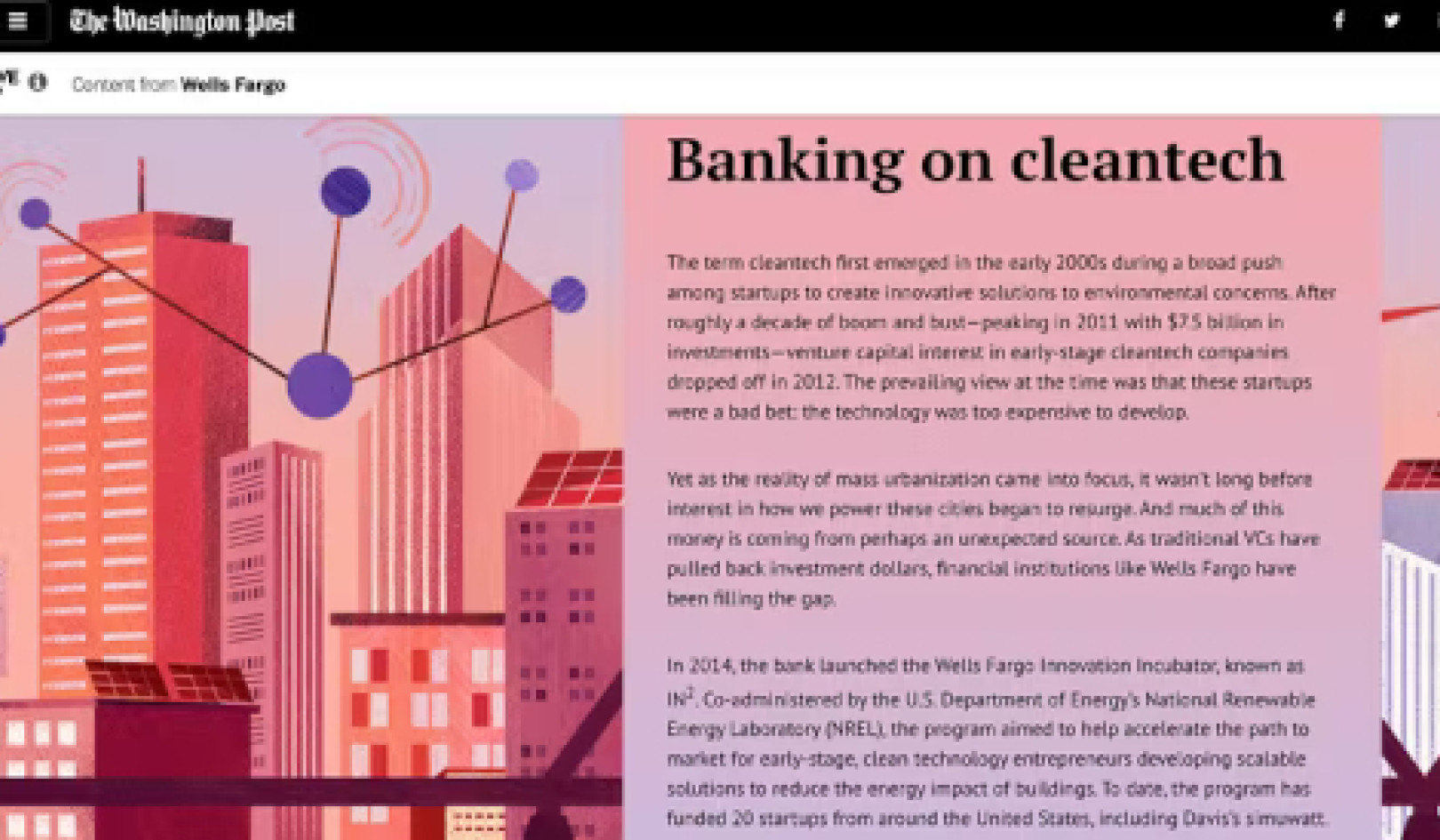
It’s hard to sympathise with powerful people hounding out innocents — which is why the Coalition wanted us to know the Robodebt Royal Commission was a political witch-hunt. Poor Donald Trump wants us to know he’s the victim of a witch-hunt, too.
To be fair, maybe the Coalition and Trump are trading on the good reputation of witches. After all, a 2013 poll found most Americans preferred witches (also cockroaches and haemorrhoids) to politicians.
But much like polls, political terms tell us something about society and language. Words like “witch-hunt” take us on an illustrative - and sometimes illusory — journey through metaphor, semantics and the politics of, believe it or not, professional wrestling.
The cynical political power of metaphor
Pollies and pundits love metaphors. In fact, we all do. They are the containers you put ideas in before you hand them over to the world. And they can be shiny linguistic confetti for the brain.
Going back as far as Aristotle, scholars have emphasised the ability of metaphors to bring to mind new aspects of the world and new ways of understanding reality. They have been shown to be effective pedagogical tools, and their therapeutic value is well established.
Metaphors can be helpful — but they can also be harmful.
Good political metaphors can move a nation. Post-war Australian Prime Minister Ben Chiefly’s “light on the hill” had good pedigree (the Sermon on the Mount) and a positive message (“betterment of mankind” in Australia and beyond).
But the pedigree and message of political metaphors can get dark, very fast. When Premier Dan Andrews was up in the polls, some political pundits accused Victorians of suffering from “Stockholm syndrome” — a traumatic bonding as might happen between captives and their abusers. Metaphorical uses of this controversial condition, and the domains it’s been applied to, have grown exponentially since the 1970s.
Metaphors are effective spin doctors when it comes creating political realities and influencing public perceptions, all the more so in the current climate of general scepticism towards experts. “Knowing stuff isn’t enough”, as one article put it. Two epoch-making events, Brexit and Trump, were bankrolled by persuasive metaphors.
Cappuccinos and witch-hunts
It’s not hard to find bizarre examples of powerful people moulding language and others accepting it. At a café in tech company WeWork’s headquarters, the “cappuccinos” were called “lattes” because CEO Adam Neumann insisted they were.
“Witch-hunt” is a particularly egregious use of metaphor. When the term first appeared (originally as witch-hunter) in the 1600s, literal witch-hunts empowered some people at the expense of others to cope with the unknown - failed crops and things that went bump in the night.
But at a deeper level, witch-hunts often served to settle personal grudges and punish (largely) women who didn’t conform to a community’s expectations. Most importantly, witch-hunts were at the discretion of the powerful and at the expense of the less powerful.
“Witch-hunt” has had metaphorical and political currency for more than a hundred years. It’s been drawn into many 20th century debates, including racial politics in Canadian elections (1900) and, perhaps most famously, US Senator Joseph McCarthy’s (1940s-1950s) campaign against communism. Links between McCarthyism and witch-hunts strengthened with Arthur Miller’s 1953 play about the Salem Witch Trials, The Crucible – which was an allegory of McCarthyism.
In the 21st century, “witch-hunt” has become the go-to metaphor for powerful people, especially men, evading scrutiny. The persecution of Harvey Weinstein led some, like Woody Allen, to claim a witch-hunt of Hollywood men was afoot.
And, perhaps most famously, Donald Trump - by his own account - is a prolific victim of witch-hunts – whether through investigations of his business practices, his nominees to government positions or his practices as president.
In short, there’s a bit of blatant, moral inversion at work here. Witch-hunts left many thousands of victims in their wake – usually the less powerful at the hands of the powerful. Now, the powerful are invoking “witch-hunt” as a metaphorical and moral shield, and to claim victimhood.
Language, kayfabe and keeping the bastards honest
Frank Luntz - the Republican Party pollster who helped shift the debate from “global warming” to “climate change” - has aptly pointed out, “it’s not what you say, it’s what people hear”.
Increasingly, we don’t hear the same things.
Studies of Trump’s speeches suggest he speaks at a 4th-6th grade level. Some have celebrated supposed empirical proof that Trump is a dummy. Others point out this makes him more accessible. Trump’s fan-base loves that he speaks to them in their language - and it’s a robust finding in linguistics that this is exactly what he should do.
But witchcraft and similar metaphors point to a more sinister strategy. When it comes to language, some of us want a fact-based debate, whereas others want a pro-wrestling spectacle. More than a few scholars and journalists have drawn parallels between something called “kayfabe” and contemporary politics - especially right-wing politics.
Kayfabe is a pro-wrestling term referring to “the performance of staged and ‘faked’ events as actual and spontaneous”. In other words, we know wrestling is scripted and the wrestlers know we know it’s scripted, but we all maintain the pretence of believing it isn’t. The same can be true for political language.
An even more understated part of kayfabe are the “marks” — they are the ones who don’t know it’s all scripted.
So, we’re faced with witch-hunts, lynchings and Stockholm syndrome. People don’t hear the same thing, and even if they do, it may or may not be real. Language as a social contract has more loopholes than footholds.
Journalist and essayist Abraham Josephine Riesman, lamenting the impact of kayfabe on US politics, might be observing language when she writes:
perhaps the only antidote […]is radical honesty. It’s less fun, but it tends to do less material harm, in the long term.
We love metaphors, but accountability and honest debate disappear in a mist of kayfabe when powerful people use them. But metaphorical meaning requires collaboration - sometimes we just have to say, no, actually, that’s a cappuccino.![]()
About The Author
Howard Manns, Senior Lecturer in Linguistics, Monash University and Kate Burridge, Professor of Linguistics, Monash University
This article is republished from The Conversation under a Creative Commons license. Read the original article.

Related Books:
On Tyranny: Twenty Lessons from the Twentieth Century
by Timothy Snyder
This book offers lessons from history for preserving and defending democracy, including the importance of institutions, the role of individual citizens, and the dangers of authoritarianism.
Click for more info or to order
Our Time Is Now: Power, Purpose, and the Fight for a Fair America
by Stacey Abrams
The author, a politician and activist, shares her vision for a more inclusive and just democracy and offers practical strategies for political engagement and voter mobilization.
Click for more info or to order
How Democracies Die
by Steven Levitsky and Daniel Ziblatt
This book examines the warning signs and causes of democratic breakdown, drawing on case studies from around the world to offer insights into how to safeguard democracy.
Click for more info or to order
The People, No: A Brief History of Anti-Populism
by Thomas Frank
The author offers a history of populist movements in the United States and critiques the "anti-populist" ideology that he argues has stifled democratic reform and progress.
Click for more info or to order
Democracy in One Book or Less: How It Works, Why It Doesn't, and Why Fixing It Is Easier Than You Think
by David Litt
This book offers an overview of democracy, including its strengths and weaknesses, and proposes reforms to make the system more responsive and accountable.






















